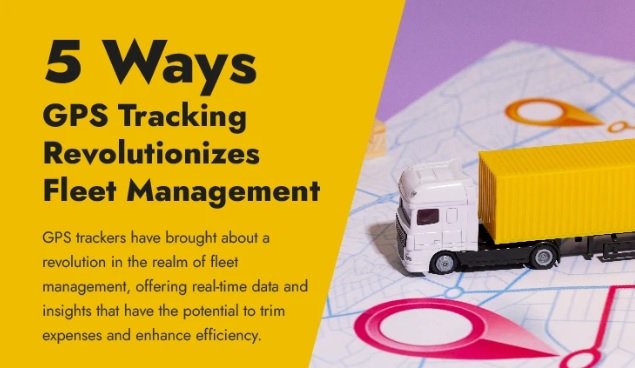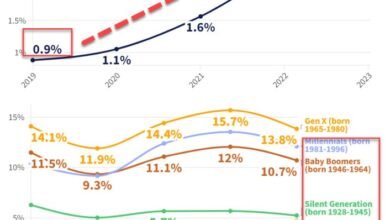
By | Rick Heicksen
GPS tracking has transformed fleet management and support services by providing real-time visibility into vehicle locations, driving patterns, and operational efficiency. This technology delivers myriad benefits that help managers enhance productivity, safety, and cost-savings.
First, GPS enables efficient dispatching and resource allocation based on real-time vehicle locations. By optimizing routing and task distribution, managers can increase fleet utilization while shortening response and travel times.
Second, GPS tracking improves navigation accuracy while reducing downtime. Drivers can leverage turn-by-turn directions to reach destinations promptly. Meanwhile, data insights allow for proactive maintenance to minimize breakdowns.
Third, managers gain visibility into driver behaviors like speeding, harsh braking, and unnecessary idling. By monitoring driving habits and reviewing trip histories, fleets can bolster safety through additional training and policy enforcement. This mitigates accident risks and liability.
Fourth, GPS fosters fuel efficiency. The analytics provide increased visibility into consumption correlates like acceleration patterns. Managers can then implement targeted education to improve MPG ratings by up to 15 percent annually. This generates substantial cost savings.
Finally, automated GPS logs support accurate timekeeping, attendance tracking, and work verification. Integrated systems instantly record hours worked while confirming job completion. This eliminates manual procedures to improve payroll and productivity.
In summary, GPS tracking delivers expanded oversight into fleet operations that managers leverage to boost efficiency, safety, visibility, and cost savings. This versatile technology revolutionizes how modern fleets and fleet management support services operate.

Created By: Fleet Management Software Support – Chetu






